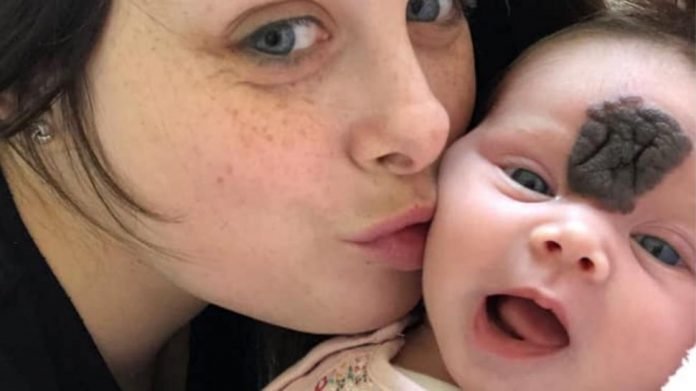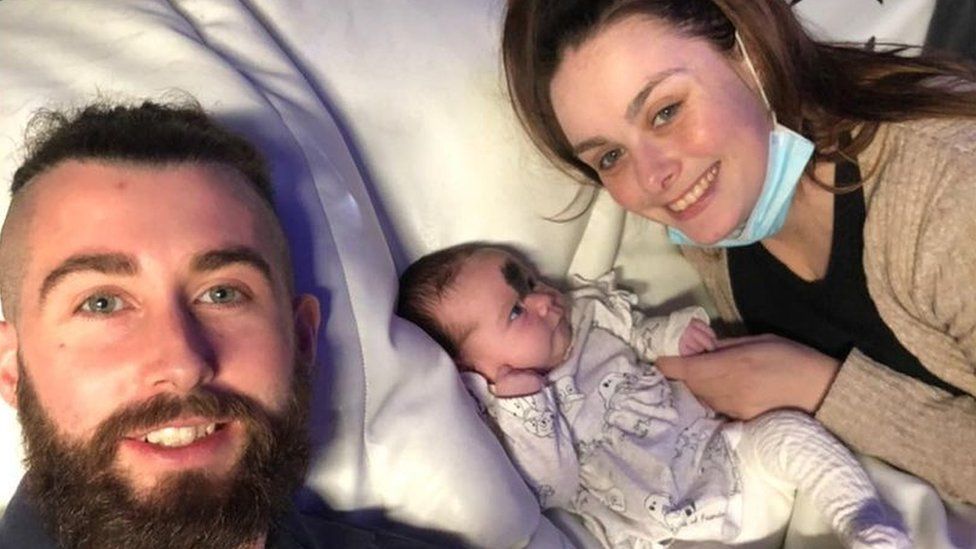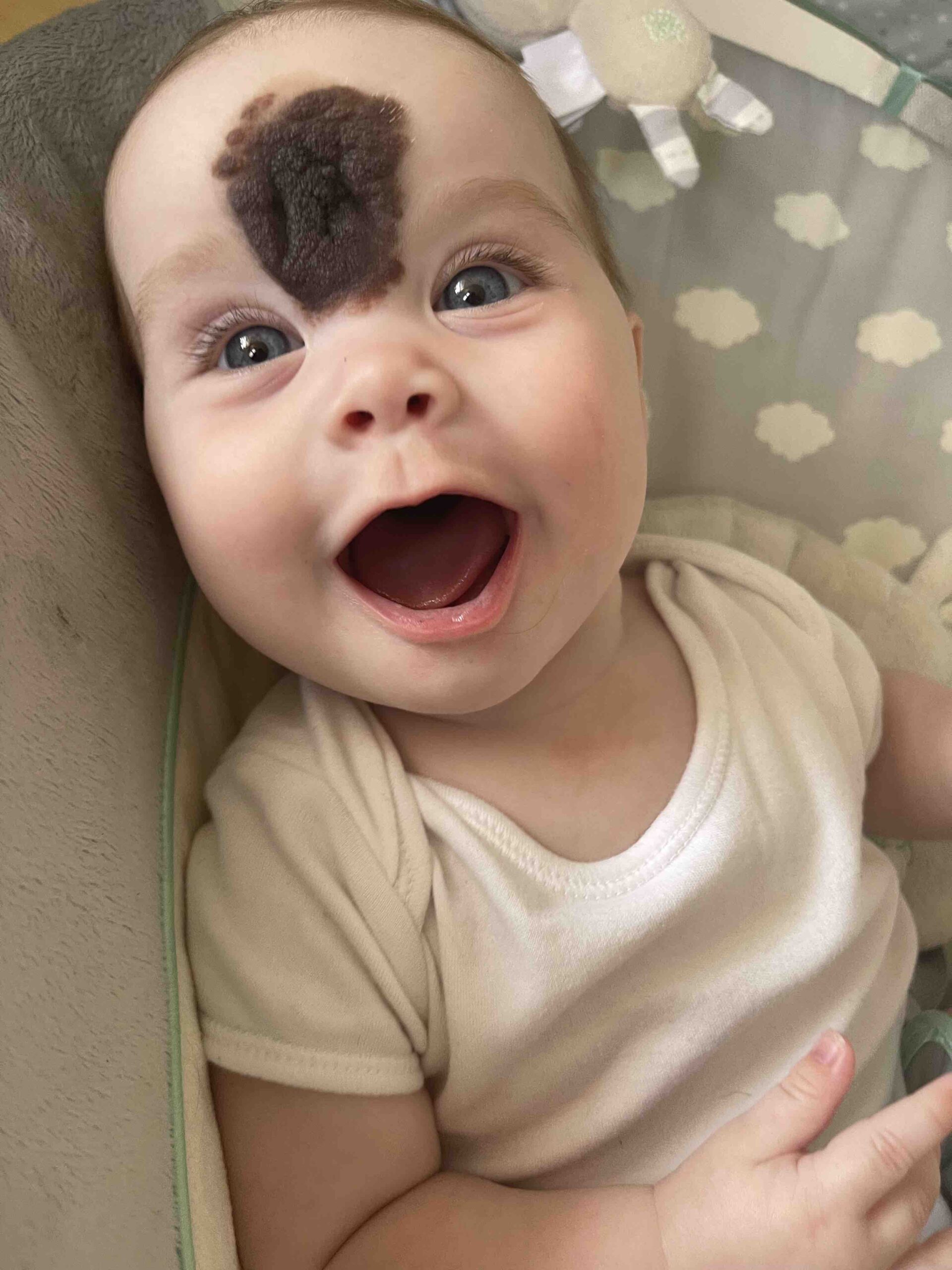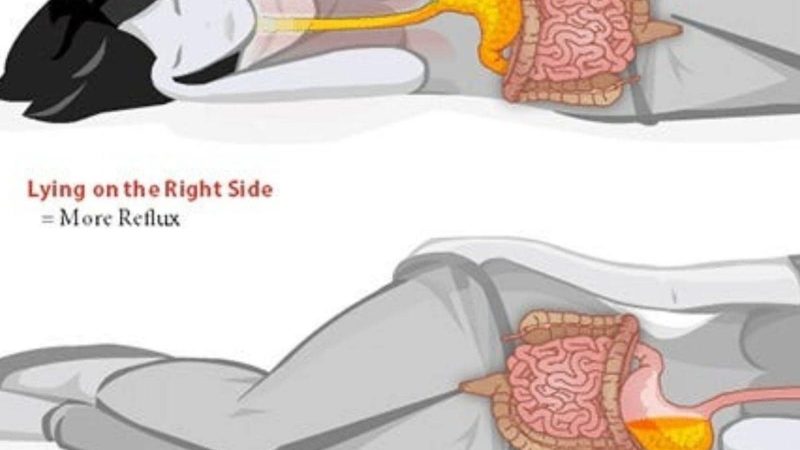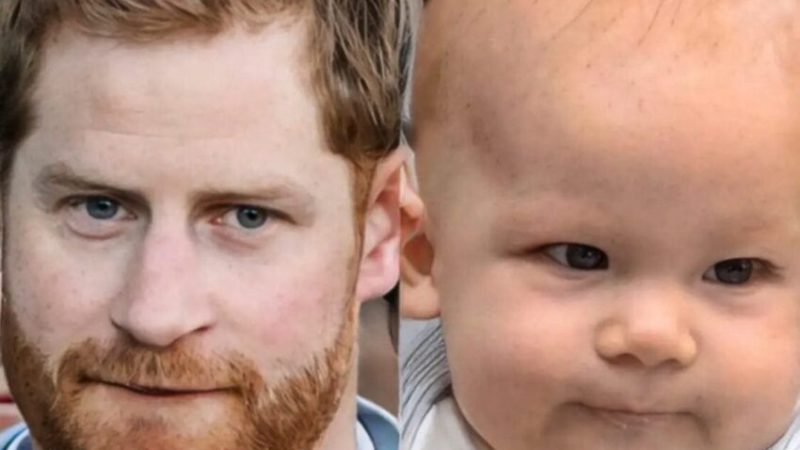Parents’ Concerns Over Baby’s Birthmark Raise Questions About Medical Decisions
When baby Vienna was born with a conspicuous birthmark on her forehead, her parents, Daniel Brookshaw, and Celine Casey, expected medical advice and support. However, their experience at Leeds St James University Hospital left them disheartened and concerned for their daughter’s future.
Vienna, born on April 6th, arrived with a large congenital melanocytic nevus, a rare type of mole caused by an accumulation of benign pigment cells, resulting in a prominent black spot on her forehead.
The medical team’s response to Vienna’s condition has left her parents in a state of disbelief. They claim that a surgeon refused to operate on their baby girl, citing the rationale that she shouldn’t have to face potential ridicule until high school. This decision has raised questions about the impact of the birthmark on Vienna’s mental health and self-esteem.
Daniel, at 26 years old, and Celine, at 24, became parents for the first time, filled with joy and anticipation. However, the shock of Vienna’s birthmark prompted them to seek medical advice. Their disappointment grew when the doctor declined surgery and expressed concerns about Vienna’s mental well-being.
The parents worry that Vienna will face teasing and bullying during her early years when children may not yet have the social filters to be sensitive to differences. Celine expressed her fear that, one day, Vienna might question why they didn’t take action to address her birthmark.
While medical experts have assured Daniel and Celine that Vienna’s birthmark poses no current health risks, they remain concerned about potential psychological effects. They’re anxious about the birthmark’s possible growth in the future, although doctors have not indicated an immediate cancer risk.
“We only noticed the birthmark when she was born, which was a huge shock to us, and the midwives didn’t even know what it was. I panicked. We were sent to Leeds St James University Hospital for a pediatrician, and he basically said he wouldn’t consider surgery until Vienna got bigger. However, we also talked to a dermatologist, and he also said it wouldn’t change anything,” explained the worried mother.
For now, Vienna is a joyful baby, and her unique personality is beginning to shine through. As she grows and becomes more aware of her appearance, her parents hope that her birthmark won’t affect her mental well-being.
“Children today don’t have a filter about such things, and we don’t want this thing to affect their mental health,” said Vienna’s father.
Vienna’s story highlights the importance of striking a balance between medical considerations and the potential impact on a child’s psychological well-being when addressing congenital conditions. Her parents’ concerns serve as a reminder that comprehensive care extends beyond physical health, encompassing emotional and social aspects as well.
